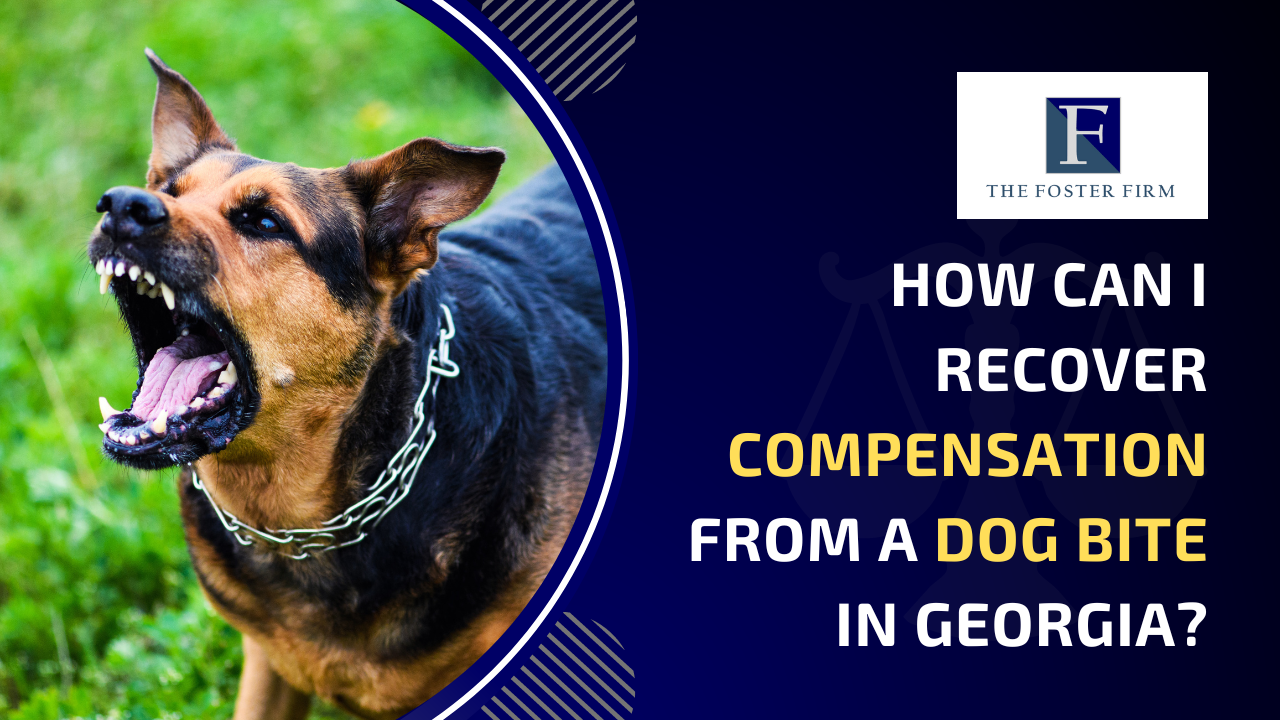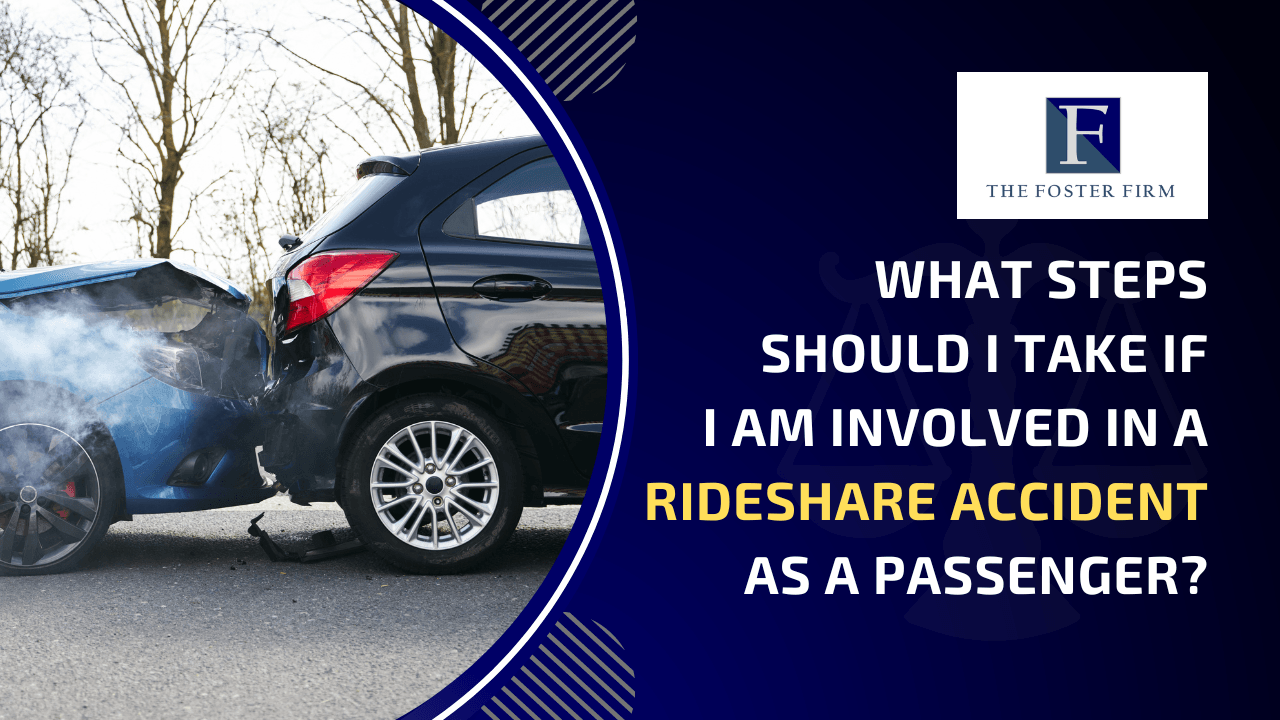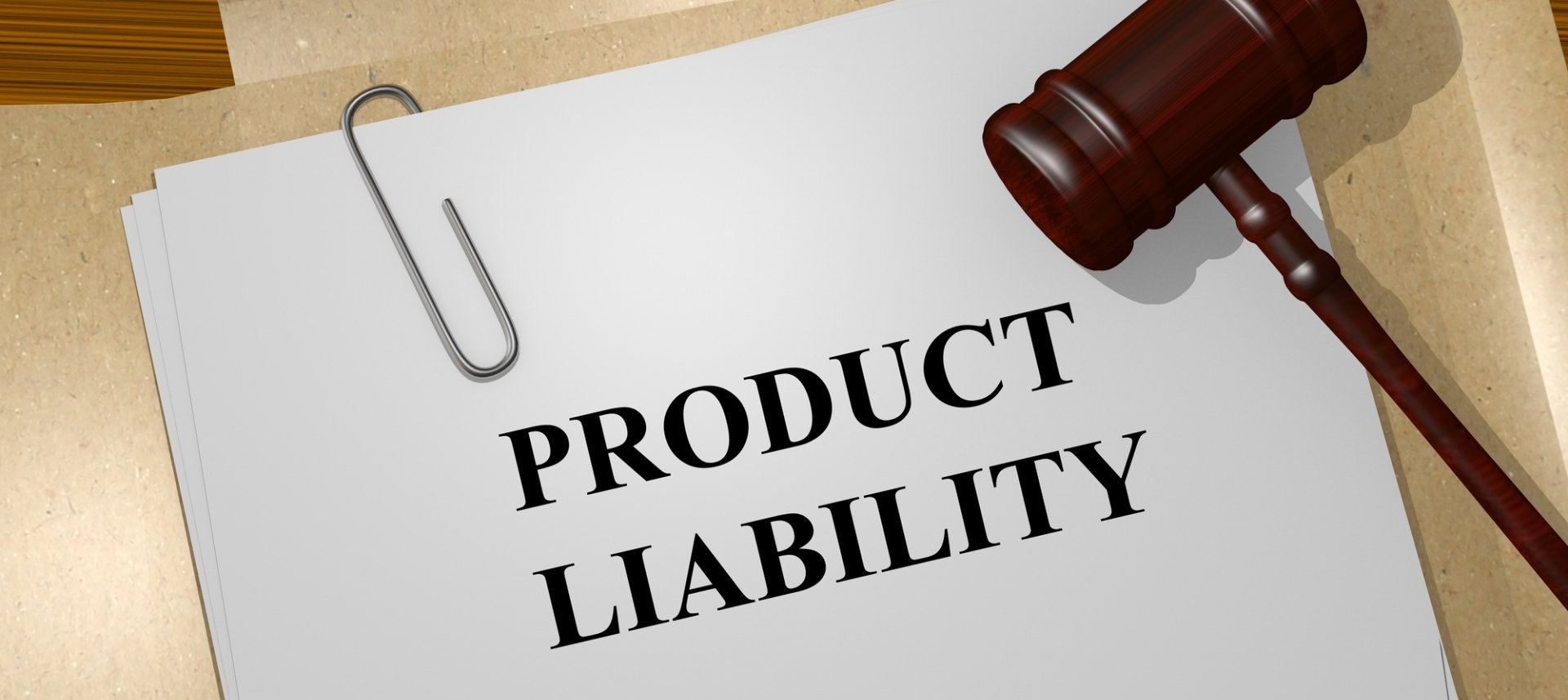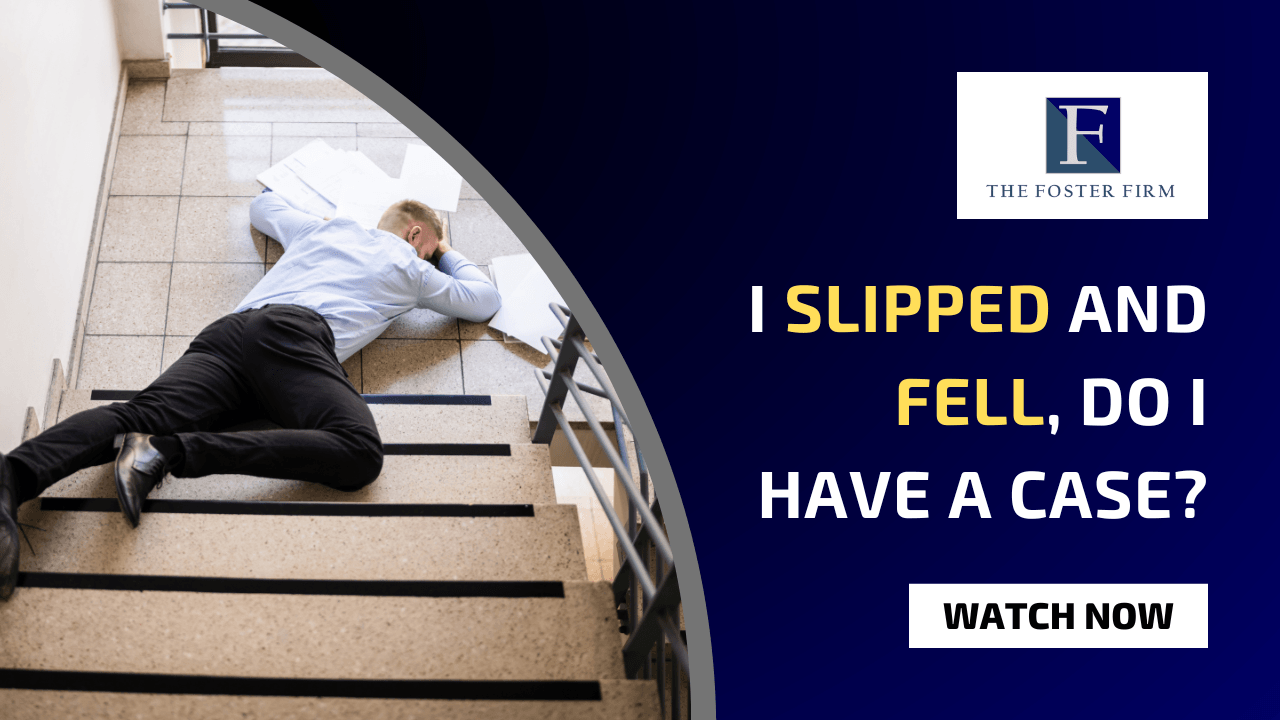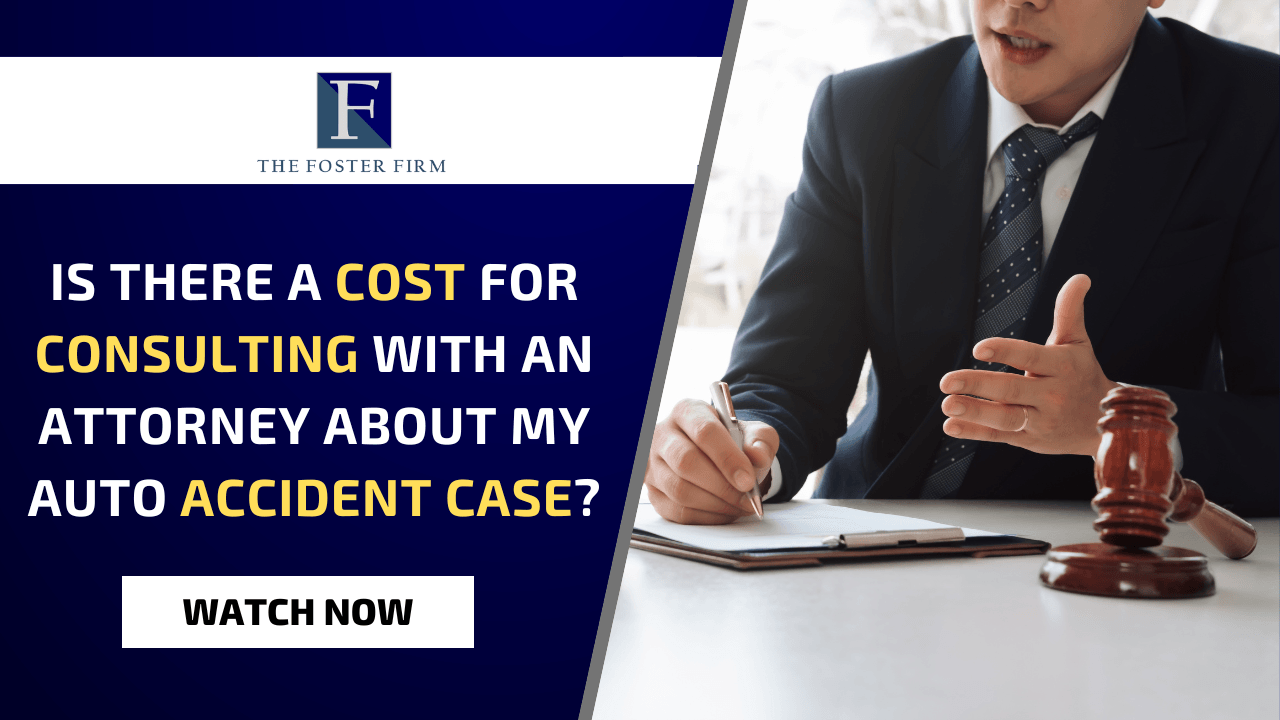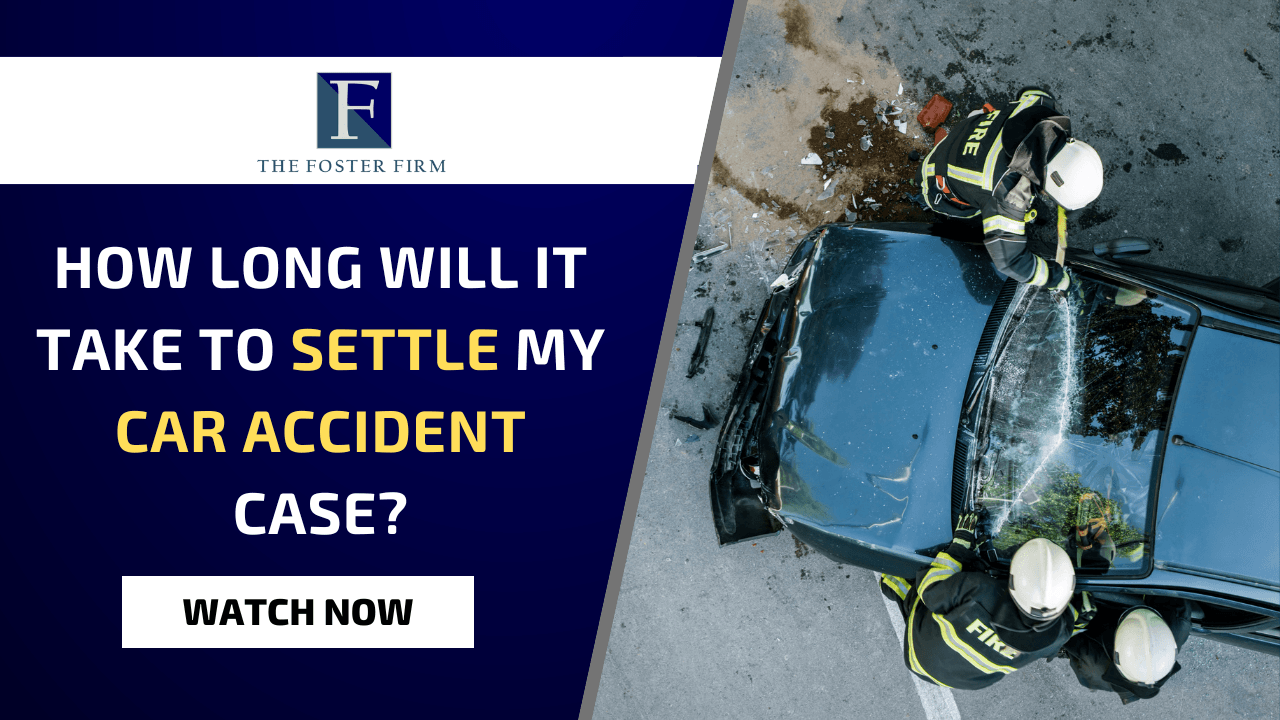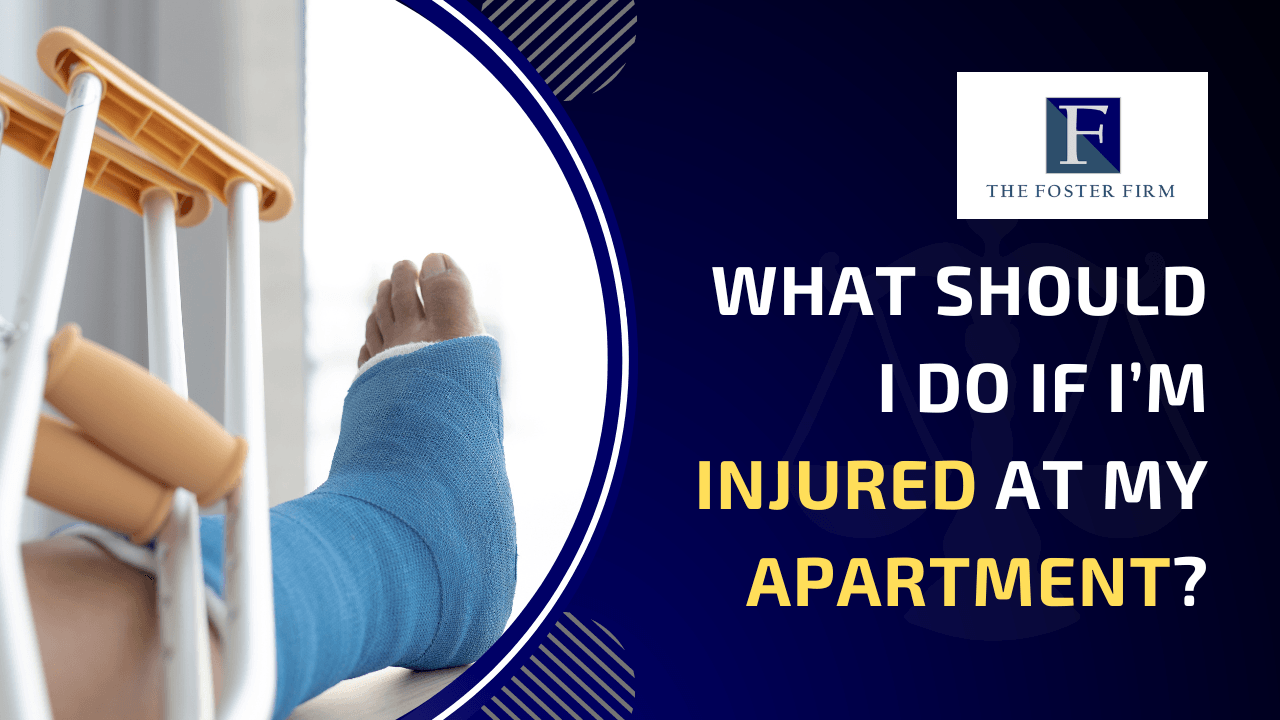Factors To Consider In Product Liability Claims
What is Product Liability?
LawShelf defines product liability as follows:
Product liability is the area of law that governs the liability of entities responsible for placing products into the stream of commerce and who are liable for injuries caused by defective products.
Product liability refers to the liability of any or all parties along the chain of commerce of any product for damage caused by that product. When a defective product causes injury, the manufacturer of the product, the distributor, the wholesaler and the retailer who sold the product may all be liable under product liability rules.
Types of Product Liability Claims:
Defective Design:
Defective design of a product means that the product is unreasonably dangerous by design. In order to establish defective design, you would have to show that the product is more dangerous than it would otherwise be but for the design defect. Certain products are inherently dangerous so that would not necessarily be considered a defective design.
Manufacturing Defects:
A manufacturing defect occurs to improper production or construction of a particular product. For example, a mistake made on the assembly line that directly results in the product being defective and/or dangerous.
Failure to Warn:
Failure to warn refers to a failure to properly alert consumers of certain dangers that are inherent to the product. Consumers have a right to be made aware of safety hazards and precautions. Failure to warn is frequently the basis for liability claims in prescription drug cases.
Breach of Warranty:
Breach of warranty refers to a product failing to live up to safety standards expressed or implied by the manufacturer or seller. Express warranties mean warranties stated or published outright. Implied warranties are those that state that the products will perform as would reasonably be expected by a consumer.
Choosing The Right Product Liability Attorney
It is critical to choose an attorney who has a track record of success and understands this area of law well. At The Foster Firm, our team is knowledgeable in product liability law. Our personal injury attorneys have the experience and determination to successfully pursue these types of cases for our clients. If you or a loved one is the victim of a defective product, contact us for a complimentary consultation. We fight for our clients every step of the way. We have offices in both College Park and Douglasville, GA.
Share With Friends & Family
